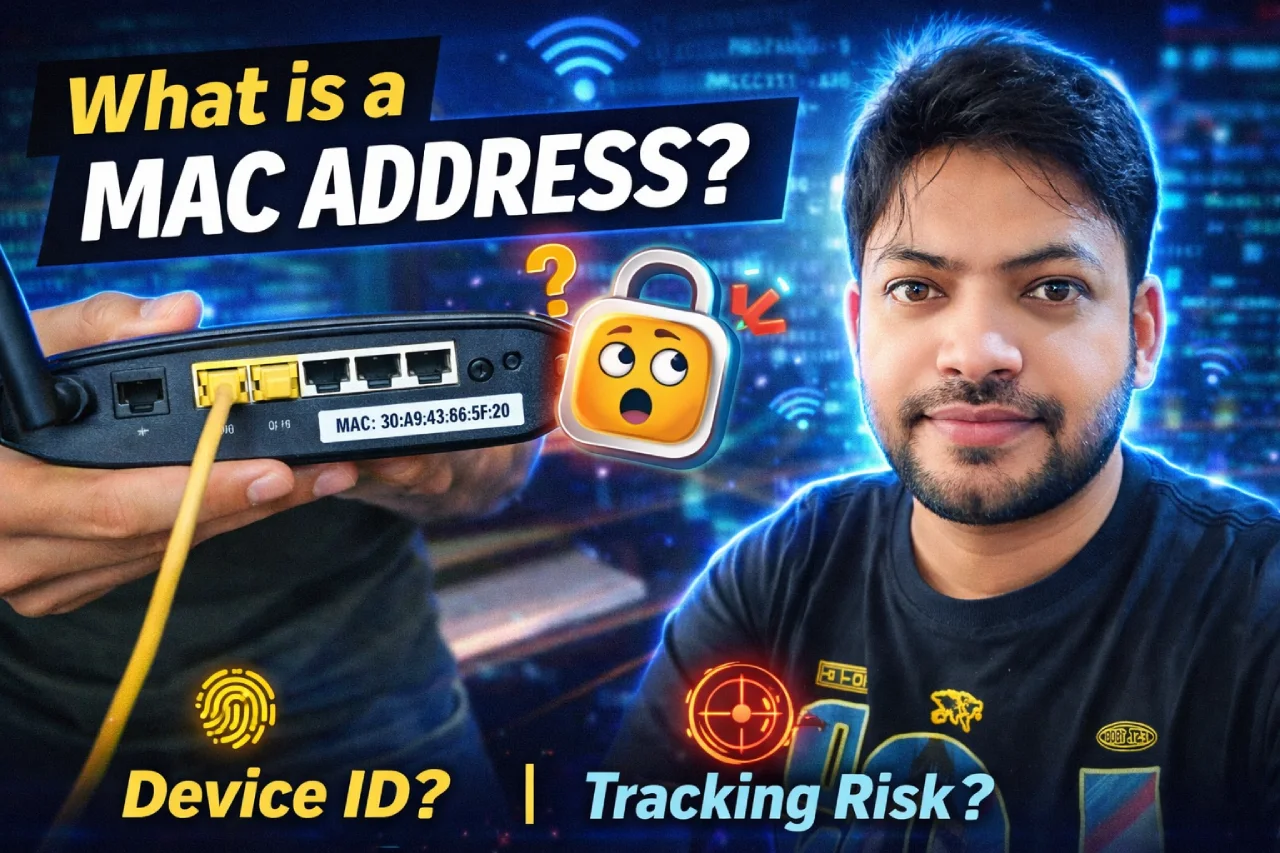As technology continues to advance at an unprecedented pace, the scope of ethical hacking is poised to evolve in tandem, reflecting the ever-changing landscape of cybersecurity threats and defenses. In this exploration, we’ll delve into the potential future trajectories of ethical hacking, examining emerging trends, challenges, and opportunities on the horizon.
One of the most significant trends shaping the future of ethical hacking is the proliferation of Internet of Things (IoT) devices. With the rapid expansion of interconnected devices in homes, businesses, and critical infrastructure, ethical hackers will face new challenges in securing these complex ecosystems. As IoT devices become increasingly integral to daily life, ethical hackers will play a vital role in identifying and mitigating vulnerabilities to safeguard against potential cyber threats.
Another emerging trend is the convergence of artificial intelligence (AI) and cybersecurity. Ethical hackers are leveraging AI-powered tools and techniques to enhance their capabilities in identifying vulnerabilities, automating threat detection, and orchestrating response mechanisms. However, as AI-driven attacks become more sophisticated, ethical hackers will need to stay ahead of the curve by continuously refining their skills and adopting innovative approaches to combat evolving threats.
Moreover, the rise of quantum computing poses both opportunities and challenges for ethical hacking. While quantum computing holds the promise of exponentially faster processing speeds, it also threatens to render conventional encryption methods obsolete. Ethical hackers will need to develop quantum-resistant cryptographic algorithms and techniques to secure sensitive data in the quantum computing era.
Furthermore, the globalization of cyber threats underscores the importance of collaboration and information sharing among ethical hackers worldwide. As cyberattacks transcend geographical boundaries, ethical hackers must work together across industries, sectors, and regions to detect, respond to, and mitigate cyber threats effectively. Collaborative initiatives, such as bug bounty programs and threat intelligence sharing platforms, will play a crucial role in fostering a collective defense against cyber threats.
In addition to technical skills, ethical hackers will need to cultivate a deep understanding of legal, ethical, and regulatory frameworks governing cybersecurity practices. As governments enact increasingly stringent data protection laws and regulations, ethical hackers must navigate complex compliance requirements while conducting security assessments and penetration tests.
In conclusion, the evolving scope of ethical hacking in the future will be shaped by emerging technologies, global cybersecurity challenges, and evolving regulatory landscapes. Ethical hackers must adapt to these changes by embracing new tools and techniques, fostering collaboration and information sharing, and upholding the highest standards of legal and ethical conduct. By staying ahead of the curve, ethical hackers can continue to play a crucial role in safeguarding digital infrastructure and preserving trust in the digital age.







